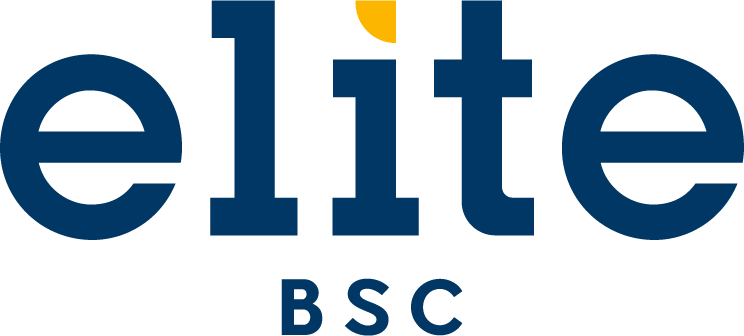The Clock is Ticking: How the Latest Labor Laws Impact Your Janitorial Company
On April 23, 2024, the U.S. Department of Labor (DOL) released its final rule, marking a significant change in the compensation thresholds for exempt employees under the federal Fair Labor Standards Act (FLSA). The new regulations are expected to affect over four million employees currently classified as exempt.
Current Regulations
Currently, to qualify as exempt from overtime pay requirements under the FLSA’s executive, administrative, or professional exemptions, employees must meet three criteria:
- Fulfill specific white-collar job duties.
- Receive salary or fee-based compensation (not hourly).
- Earn at least $684 per week (about $35,568 per year).
Exceptions exist for certain high-earning employees and specific professions like doctors, lawyers, and teachers.
DOL’s Final Rule
The DOL proposed significant increases to the compensation thresholds in August 2023. The final rule, issued in April 2024, implements two incremental increases:
- On July 1, 2024, the salary threshold rises to $844 per week ($43,888 annually) for white-collar exemptions.
- On January 1, 2025, it further increases to $1,128 per week ($58,656 annually). Additionally, The rule includes provisions for automatic updates every three years, starting from July 1, 2027, based on current earnings data, with room for flexibility based on economic conditions.
What’s Next
Despite the July 1, 2024 effective date, legal challenges are expected, and changes in administration or congressional action could impact the rule’s implementation, as seen with previous administrations.
Employer Action Plan
To prepare for potential changes:
- Identify exempt employees who may no longer qualify under the new thresholds.
- Estimate the additional costs of reclassification or salary adjustments.
- Determine appropriate actions for affected employees, such as reclassification, salary adjustments, or work restructuring.
- Plan salary adjustments in stages or all at once, considering both July 1 and January 1 thresholds.
- Prepare for potential payroll increases by assessing possible cost-cutting measures.
- Plan for organizational adjustments like stricter work regulations and timekeeping training for reclassified employees.
- Consider conducting wage-and-hour audits to address any existing misclassifications.
- Be aware of potentially stricter state-level regulations that may override federal standards.
Conclusion
The new DOL rule brings significant changes that necessitate proactive planning and adaptation from commercial janitorial company owners to ensure compliance and mitigate potential impacts on their businesses.






